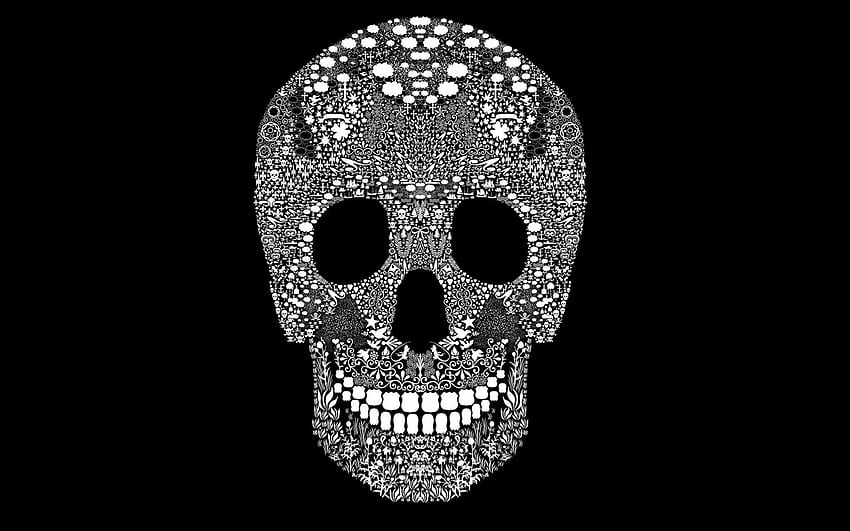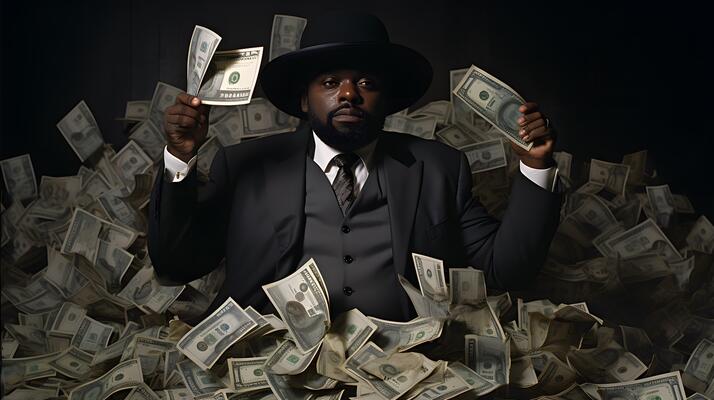Exploring the Depths of Morality and Identity in Donna Tartt’s “The Secret History”
Introduction
Donna Tartt’s debut novel, “The Secret History,” published in 1993, is a captivating exploration of morality, intellectualism, and the dark allure of elitism. Set against the backdrop of a secluded New England college, the novel delves into the lives of a group of eccentric students whose intense pursuit of knowledge leads them down a path of moral ambiguity and tragic consequences. This article aims to unravel the intricacies of Tartt’s narrative, examining its themes, characters, and literary influences while exploring the enduring impact of this modern classic.
Plot Overview
“The Secret History” is narrated by Richard Papen, a transfer student from a modest background who becomes captivated by an elite group of students studying ancient Greek under the enigmatic and charismatic professor, Julian Morrow. The group includes Henry Winter, the intellectual leader; Bunny Corcoran, the affable but naive member; Charles Macaulay and Camilla and Charles Macaulay, the glamorous twins; and Francis Abernathy, the witty and observant member. United by their shared fascination with classical studies, they form an exclusive and insular clique that ultimately becomes entangled in a web of deceit, betrayal, and murder.
The central plot revolves around the group’s decision to murder one of their own, Bunny Corcoran, whose reckless behavior threatens to expose their secrets. As the narrative unfolds, Richard, initially drawn to the group’s intellectualism and camaraderie, finds himself increasingly complicit in their actions, grappling with guilt, moral ambiguity, and the consequences of his choices.
Themes Explored
- Guilt and Complicity: At its core, “The Secret History” examines the corrosive effects of guilt and the moral compromises that individuals make in pursuit of their desires. Richard’s journey from outsider to accomplice underscores the novel’s exploration of how far one is willing to go to belong and the psychological toll of betrayal.
- Intellectualism and Isolation: Tartt critiques the isolating effects of intellectual elitism, portraying the group as detached from societal norms and moral constraints. Their intellectual pursuits, rooted in classical literature and philosophy, serve as both a shield and a justification for their increasingly amoral behavior.
- Power and Privilege: The dynamics of power and privilege play a significant role in shaping the characters’ actions and motivations. Henry Winter, in particular, exerts a magnetic influence over the group, leveraging his intellect and charisma to manipulate his peers into following his lead. The novel raises questions about the corrupting influence of privilege and the moral responsibility that accompanies it.
- Identity and Alienation: Richard’s quest for identity forms a central narrative arc, as he navigates the complexities of belonging to a group that challenges his moral compass. His outsider status, initially a source of insecurity, evolves into a catalyst for self-discovery and introspection, highlighting the novel’s exploration of identity formation and the search for personal integrity.

Literary Influences and Allusions
Donna Tartt draws heavily on literary and cultural references throughout “The Secret History,” enriching the narrative with echoes of Greek tragedy and classical mythology. The group’s fascination with Dionysian rituals and their descent into moral chaos mirror themes found in Euripides’ “The Bacchae,” providing a mythic framework for understanding their destructive journey. Tartt’s prose is imbued with a sense of foreboding and atmospheric tension, evoking the timeless allure of academia and the darker impulses that lurk beneath its surface.
Character Analysis
- Richard Papen: As the novel’s protagonist and narrator, Richard serves as both observer and participant in the group’s unraveling. His introspective narration offers readers a window into his evolving psyche, from wide-eyed curiosity to moral conflict and eventual disillusionment.
- Henry Winter: The enigmatic and manipulative leader of the group, Henry embodies intellectual arrogance and moral ambiguity. His charismatic allure masks a deeply troubled soul, driving the group towards increasingly dangerous and destructive actions.
- The Group Dynamics: Each member of the group, from the affable Bunny Corcoran to the introspective Francis Abernathy, contributes to the novel’s exploration of loyalty, betrayal, and the complexities of human relationships. Their interactions reveal the fragile alliances and shifting loyalties that underpin their insular world.
Critical Reception and Legacy
Upon its publication, “The Secret History” garnered critical acclaim for its evocative prose, psychological depth, and thematic complexity. Critics praised Tartt’s ability to blend elements of suspense, literary allusion, and philosophical inquiry into a cohesive narrative that resonates with readers across generations. The novel’s exploration of moral ambiguity and the allure of intellectual elitism continues to spark scholarly debate and literary analysis, cementing its status as a modern classic.
Conclusion
In conclusion, Donna Tartt’s “The Secret History” remains a seminal work in contemporary literature, offering readers a profound meditation on guilt, identity, and the seductive power of intellectualism. Through its richly drawn characters, atmospheric setting, and thought-provoking themes, the novel invites readers to confront timeless questions about the nature of morality and the consequences of unchecked ambition. As readers continue to revisit its pages, “The Secret History” stands as a testament to Tartt’s mastery of storytelling and her ability to illuminate the complexities of the human experience.
References
Throughout “The Secret History,” Donna Tartt explores themes of guilt, intellectualism, and moral ambiguity through the experiences of a group of elite college students.









